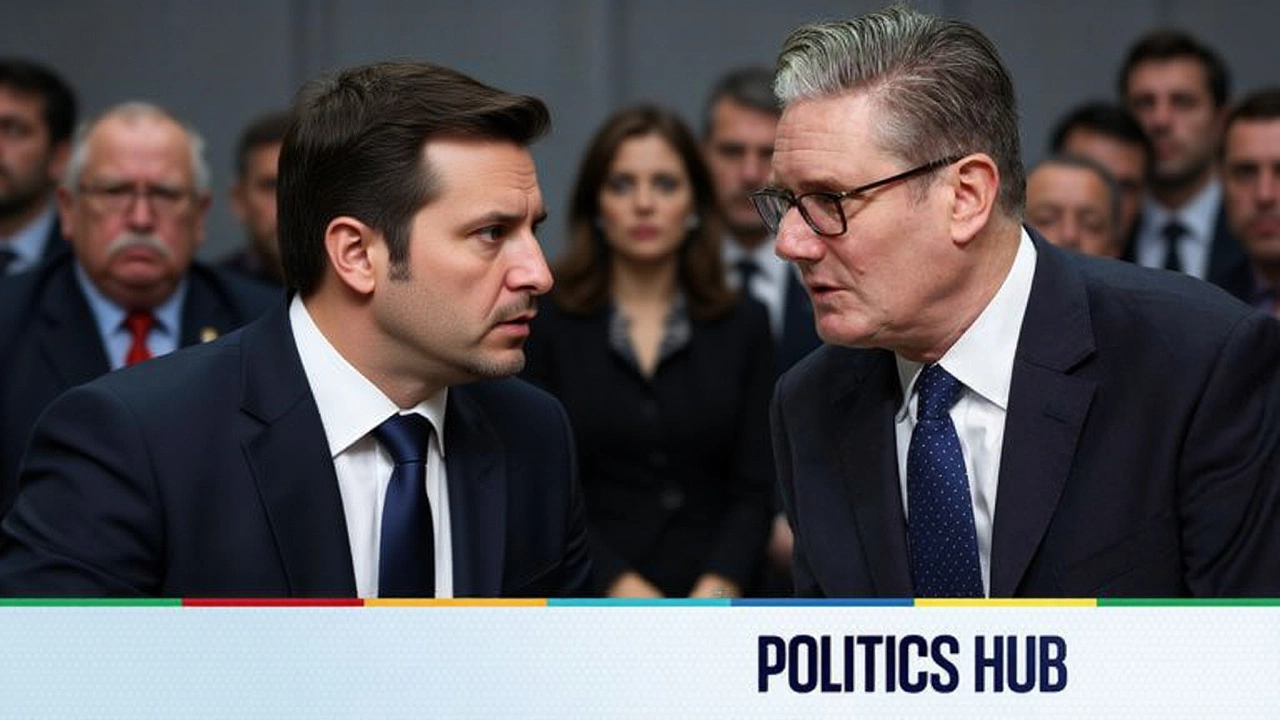Putin – Russian Leadership, Politics & Global Influence
When talking about Putin, the long‑time president of the Russian Federation, also known as Vladimir Putin, you’re really looking at a figure who shapes a whole nation. Russia, the world’s largest country by land area revolves around his decisions, and the Kremlin, the seat of Russian executive power is the arena where those choices are debated and enacted. The link between Putin and the Kremlin is direct: he heads the executive branch and drives policy from that historic building. This opening gives you a snapshot of the main players before we jump into the deeper topics covered below.
One key area where Putin’s impact is unmistakable is sanctions, economic penalties imposed by other nations. Since the annexation of Crimea, sanctions have hit Russia’s energy sector, banks and individuals, forcing the Kremlin to adapt its strategy. The result? A tighter focus on domestic production, new trade routes, and a push for alternative currencies. This cause‑and‑effect chain—Putin imposes policy, sanctions respond, Russia reshapes its economy—illustrates how geopolitical moves ripple through everyday life in the country.
Domestically, Putin’s leadership style blends centralisation with a cultivated image of stability. He often frames elections as a mandate for continuity, positioning himself as the guarantor of national pride and security. At the same time, political opponents find it harder to gain traction under laws that tighten media control and limit protest. This dynamic creates a political ecosystem where the president’s authority is reinforced by both popular support and institutional mechanisms, a relationship that defines modern Russian politics.
Media portrayal of Putin plays a huge role in shaping public perception. State‑run outlets regularly highlight his background in the KGB and portray him as a decisive leader, while independent voices may focus on controversies like alleged election interference or human‑rights concerns. The tug‑of‑war between these narratives feeds into how citizens and the outside world view the Kremlin’s actions, reinforcing the idea that information itself is a strategic tool in Putin’s playbook.
Economically, Putin has leveraged Russia’s vast energy reserves to maintain geopolitical leverage. By controlling oil and gas exports, the country can influence European markets, especially during winter months. This energy‑politics link often dovetails with sanction‑evasion tactics, such as developing new pipelines or forging partnerships with non‑Western nations. The resulting web of energy, diplomacy and economic policy shows just how intertwined Putin’s decisions are with global markets.
What’s Inside This Collection?
The articles below dig into everything from motorsport careers to scientific breakthroughs, but they all share a common thread: they’re filtered through the lens of current events, many of which involve Russia’s political climate. You’ll find pieces that touch on how sanctions affect international collaborations, how the Kremlin’s stance shapes global sports, and even how scientific research navigates political realities. Dive in to see how the ripple effects of Putin’s policies touch a variety of fields and why understanding his role is key to grasping the bigger picture.
Starmer urges NATO to keep pressure on Putin at Copenhagen summit
At the Copenhagen EPC summit, UK Prime Minister Keir Starmer urged NATO to keep pressure on Putin, as Europe pledges €40 billion in new aid for Ukraine and tightens sanctions on Russia.
